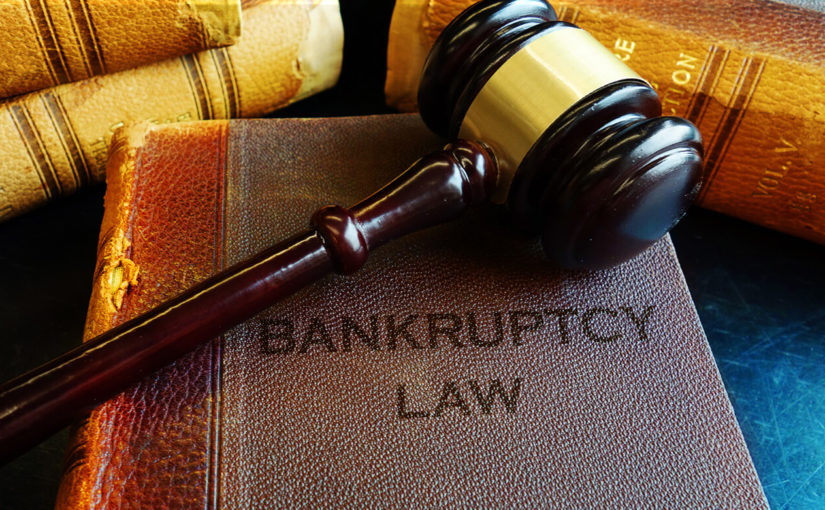
Interviewer: For individual consumers just getting to that point where they’re starting to look at filing, I understand there’s like Chapter 7 versus a Chapter 13. What kind of bankruptcy can they file and what would be the difference between those two? Are those the only two options available?
Chapter 7 and Chapter 13 Bankruptcy Are for Consumer Filings; Chapter 9 and Chapter 11 Are Filed by Corporations or Municipalities
Jeanne: Those are the two filings that apply to consumers. The city of Detroit filed what was called Chapter 9 and a lot of big businesses file Chapter 11 business bankruptcies.
While Bankruptcy Is a Federal Law, Certain Aspects of Bankruptcy Can Differ from State to State
There are differences between 7 and 13, and I’m going to phrase this that in relation to Texas and we step on a little aside. Bankruptcy is federal law and you would think that it would be uniform across the state and the bankruptcy code is, but there are certain aspects of bankruptcy that is state-specific. One of those aspects has to do with how your property is treated in a bankruptcy and Texas has very good asset protection laws.
Texas Is a State That Offers Good Asset Protection Laws When Filing for Bankruptcy
They’re called exemptions. Some states don’t. In some states, filing bankruptcy is much more impactful on you and your property but in Texas the vast majority of people don’t run into any problems with what they currently own.
A Chapter 7 Bankruptcy Is Resolved in a Shorter Time Period than a Chapter 13 Bankruptcy
First of all; a Chapter 7 is going to be the one filing most quickly resolved. It is primarily resolved once your paperwork is prepared but there is substantial paperwork involved in the process. It’s like a complex tax return.
You Will Only Be in Bankruptcy for Four Months in a Chapter 7 Filing
There are many different schedules and other forms but once your paperwork is prepared and it’s filed, you’re actually only going to be in bankruptcy about 3 and a half to four months. You’re going to file the paperwork. You’re going to go to one meeting with the trustee which may last all of five minutes and that’s it.
Unsecured Debt Is Discharged during a Chapter 7 Bankruptcy
Sixty days after that meeting, they’re going to issue you a discharge and you go on about your way. Now, certain types of debt are treated differently. For instance, there is a type of debt known as unsecured debt and that would be credit cards, medical bills, and signature loans. Unsecured debt is where there’s no collateral on the debt, no lien against property.
In a Chapter 7 Bankruptcy, If You Want to Retain Your Home and Your Vehicle, You Must Continue to Make Payments
In a Chapter 7, that’s going to go away but you do not get to retain your car for free. If you owe money on your car and you file a Chapter 7 bankruptcy, if you want to keep it, you have to continue making payments on it. The creditor will ask you to re-sign or reaffirm your commitment to them during the course of your bankruptcy.
The reason why it is treated differently is because they have a lien against property. The same premise applies to your house but the vast majority people I deal with don’t have any problem income-wise paying for the house and their car.
If You Have Cosigned Loans You Must Deny the Contract during a Bankruptcy Filing to Get out of Your Obligation
It’s the other kinds of debt that have crept into their lives like medical bills or ill- advised signature loans and ill-advised cosigning for somebody else. Cosigning for somebody else is almost never a good idea. You can get out of it by filing bankruptcy and you can deny that contract in order to cease being obligated for the loan.

